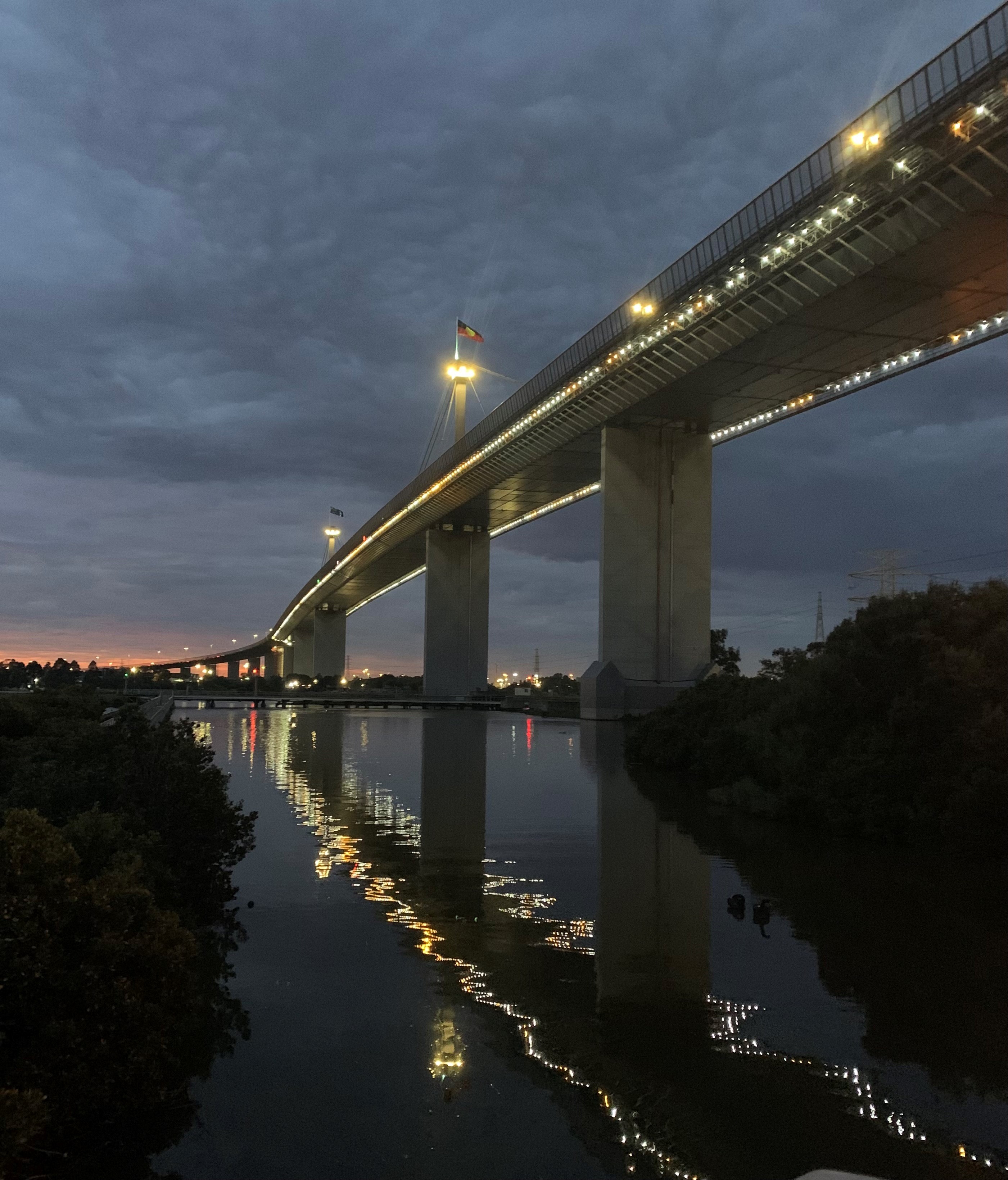News release
From:
To shift or not to shift: Capturing Australians’ views on Daylight Saving Time
Daylight saving is the annual resetting of clocks (pushing the clocks forward by one hour) to be living in an earlier time for the summer months. The original aim of DST in Australia was to shift lifestyles earlier in summer, providing more time for outdoor activities after work and school. About 20% of the world observes DST. In Australia, it is currently observed in the southeast but not the northwest states.
DST is a topic of great public debate and a growing focus of scientific research internationally. Changes to DST regulations were recently agreed by the European Union and are currently being considered by the USA.
In late 2021, the Sleep Health Foundation in Australia convened an international expert working group to develop an evidence-informed view of how DST impacts Australians. According to Dr Moira Junge, CEO of Sleep Health Foundation “The Foundation became interested in DST because of the 1-hour sleep loss it causes at the start of summer. But our expert working group has started to unpack the many implications of this very significant public policy”.
One member of the working group is Professor Russell Foster, Head of the Sleep and Circadian Neuroscience Institute at Oxford University, UK: “Australia provides an important case study of DST and its impacts. Only half the country observes the “summer” time change, suggesting that more evidence is urgently required to inform national policy”.
As part of its work, the Sleep Health Foundation is now seeking the views of the Australian public on the impacts of DST. “Whether or not you live in an area that has DST, we are interested in your perspectives. While different states of Australia have held referenda about DST , we really want to build an understanding across all regions of Australia” says Dr Junge. The SHF is seeking the media’s interest in this DST survey so the general public will be alerted and invited to complete the survey.
People wanting to contribute to this consultation are encouraged to visit the Sleep Health Foundation’s website and complete a 5-minute survey. The survey will remain open from Sept 28 to Nov 1 2023.
Media interviews can be available from the following members of the SHF DST working group:
END



 Australia; VIC; QLD; WA
Australia; VIC; QLD; WA



